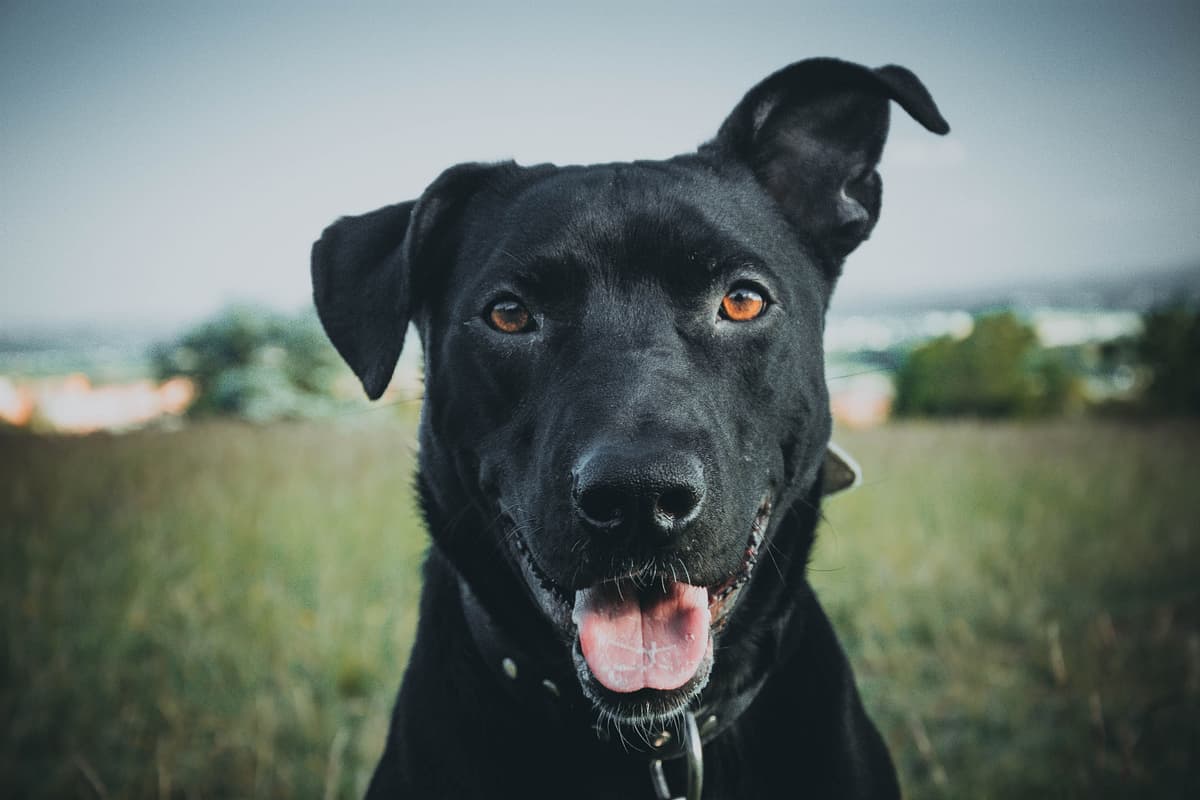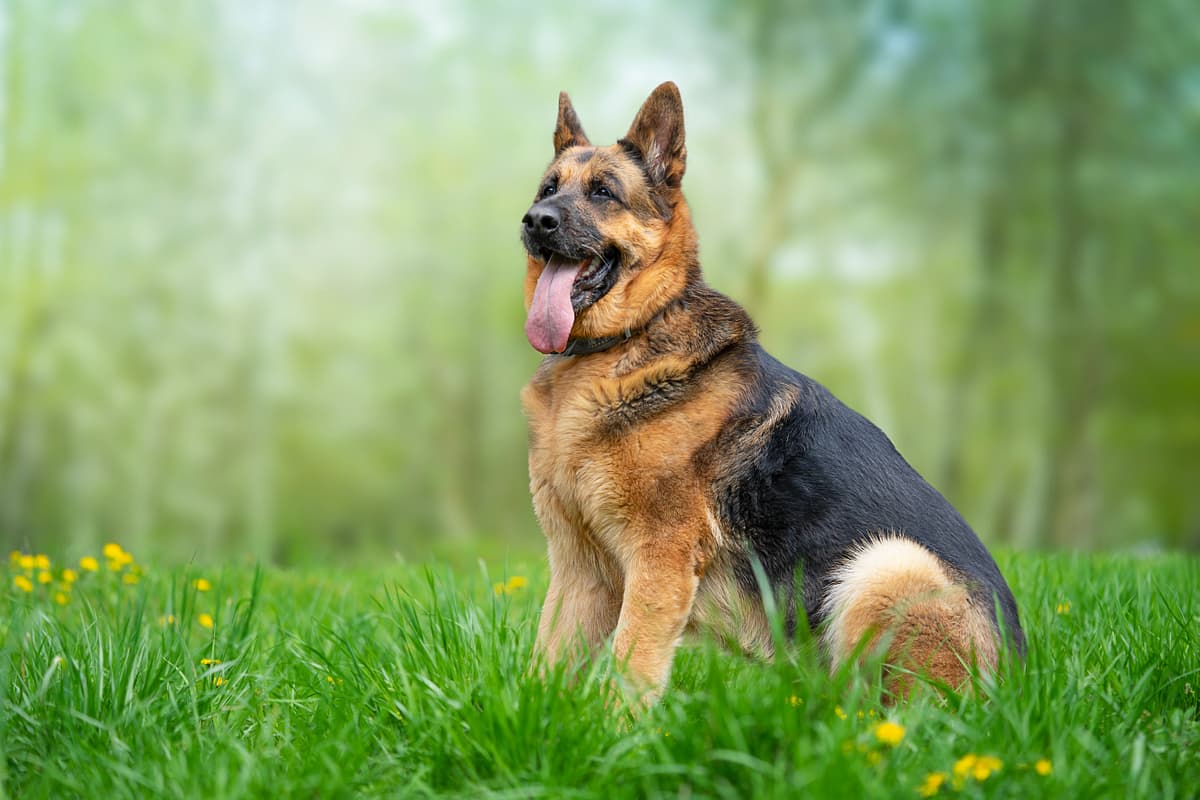Majorca Shepherd vs German Shepherd
Discover the differences between Majorca Shepherd and German Shepherd to make the best choice for your situation.
Try different breeds

Majorca Shepherd
Loyal, intelligent, and highly protective, this agile herding breed forms strong bonds with its family. Adaptable and energetic, it thrives with active owners seeking a devoted companion.

German Shepherd
Confident, loyal, and highly intelligent, this breed thrives as both a devoted family companion and a reliable working partner. Always alert and eager to learn, it adapts to many roles with ease.
Quick comparison
Large
35–40 kg
Short coat, dense
10–12 years
30–35 kg
High energy
Large
30–40 kg
Double coat, dense undercoat
9–13 years
22–32 kg
High energy
Personality & behavior
Compare the personality traits and behavioral characteristics of both breeds.
Majorca Shepherd
Reserved with strangers, loyal to family
Quick learner, responds well to training
Needs regular exercise and activity
Playful with familiar people, less with others
Adjusts moderately to new environments
German Shepherd
Warm with family, reserved with strangers
Quick learner, highly trainable and alert
Needs regular activity and vigorous exercise
Enjoys games, interactive and engaging
Adjusts well to new situations and environments
Care needs
Exercise, grooming, and daily care requirements
Majorca Shepherd
Hip dysplasia, elbow dysplasia
German Shepherd
Hip dysplasia, elbow dysplasia
Suitability
How well each breed fits different living situations and families
Majorca Shepherd
Challenging for novices
Requires experienced, consistent training and socialization to thrive
Not ideal
Needs space, exercise, and may become restless or vocal in confined spaces
Highly suitable
Energetic nature and stamina match well with active lifestyles and outdoor activities
Cautious fit
Can be protective and wary, needs supervision and socialization with young children
May be difficult
Tends to be dominant and may not tolerate unfamiliar pets without careful introduction
Prone to anxiety
Does not cope well with long periods alone and may develop behavioral problems
German Shepherd
Challenging for beginners
Needs experienced, consistent training and socialization
Not ideal
Needs space and frequent exercise to prevent boredom
Perfect fit
Thrives with active owners who can provide daily physical and mental challenges
Highly suitable
Loyal and protective, can be gentle and patient with proper socialization
Usually compatible
Can get along with other pets if raised together and well socialized
Prone to anxiety
Dislikes being left alone for long periods and may develop behavioral issues
Breed strengths
What each breed excels at and their best qualities
Majorca Shepherd
- Loyal to family members
- Strong protective instincts
- High intelligence and trainability
- Adaptable to different environments
- Good stamina for active lifestyles
German Shepherd
- Highly intelligent and quick to learn tasks
- Strong loyalty to family members
- Excellent working and service dog abilities
- Protective instincts make them good guardians
- Adaptable to various training activities
Challenges & considerations
Potential challenges and considerations for each breed
Majorca Shepherd
- Wary of strangers without proper socialization
- Needs extensive daily exercise
- Can be dominant with other dogs
- Prone to boredom if under-stimulated
- Requires firm, consistent leadership
German Shepherd
- Prone to hip and elbow dysplasia
- High exercise needs require daily activity
- Can develop separation anxiety if left alone
- May be wary of strangers without socialization
- Heavy seasonal shedding requires frequent grooming
Ready to choose your perfect breed?
Learn more about each breed or compare other breeds to find the perfect match for your lifestyle.
Discover more helpful tools
Make use of our other free tools to get the most out of your pet experience
